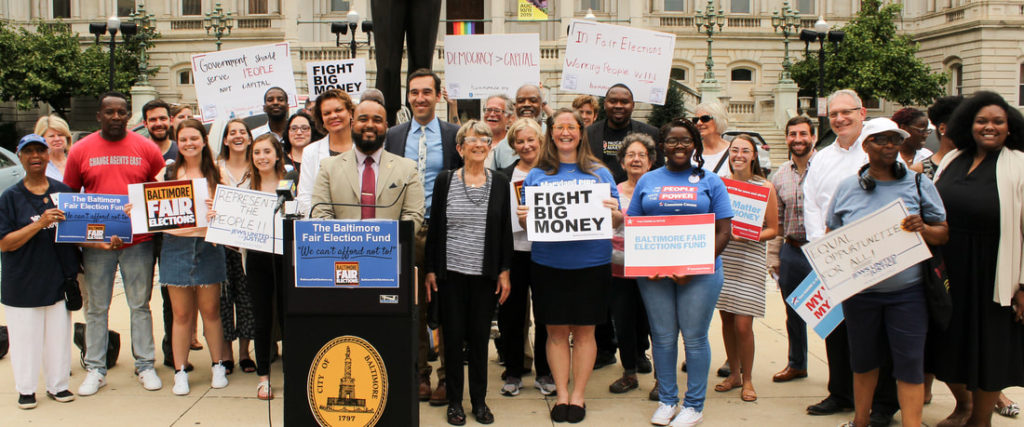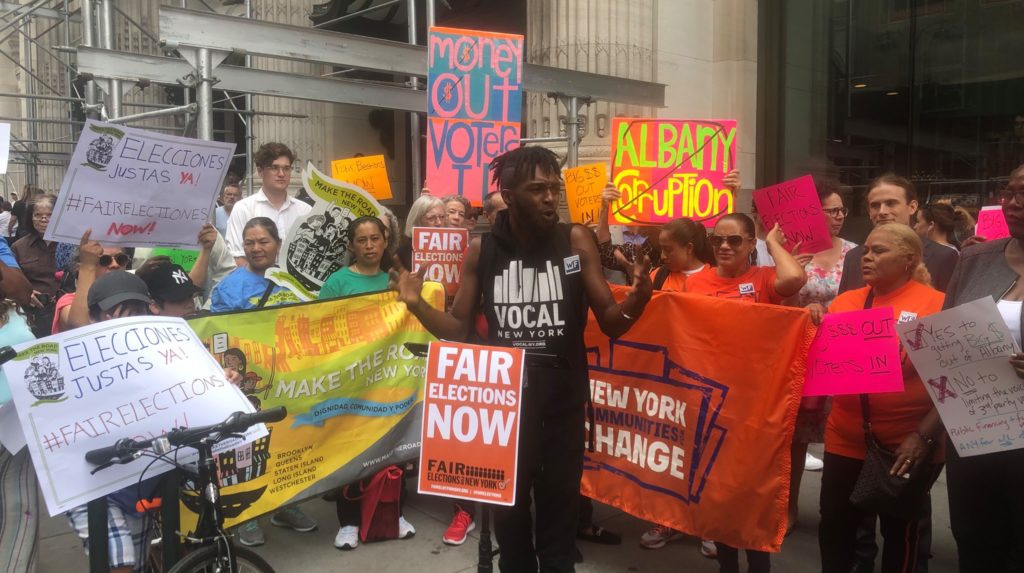At the Piper Fund, we are committed to building an inclusive, representative democracy in which all people are able to thrive. In any given year, this is a challenging proposition. During a pandemic, this work becomes monumental.
If there is one thing that has become clear over the past several weeks, it’s that COVID-19 is a structural democracy issue. It is well-documented that the COVID-19 virus disproportionately impacts communities of color and low-income populations. These disparities are rooted in structural inequities that make it more likely that low-income residents are experiencing health problems to begin with and work in sectors that put them directly in the path of the virus. It is also less likely that they have access to healthcare and other resources that would enable them to recover from infection. These disparities exist because Black and Brown communities have such limited influence in government.
Similarly, our nation’s response to this pandemic is a reflection of the power dynamics inherent in our current political practice. Corporate interests wield outsized influence and have been rewarded with sizable investments from the public sector, while the social safety net continues to deteriorate in the face of COVID-19. This pandemic is a crisis of democracy.
The health of our democracy relies on the full participation of all parts of our populace—regardless of race, class, gender or sexual orientation. But in order for people to participate, they must first survive.

The impulse of many in power to accelerate the reopening of our economy despite the risks it poses to our nation’s most vulnerable populations clearly illustrates whose interests are being prioritized in the response to this virus. In order to chart an equitable course out of this crisis and put our nation on the road to recovery, we must not only provide immediate relief to impacted communities but also advance the necessary reforms that will ensure community voices are represented in state and national policy decisions.
The Piper Fund invests in organizing efforts that center the communities that are the least represented in our democracy because doing so ensures that our resources are going directly to where they are needed most. In this moment, the coalitions we fund are leading efforts to ensure the communities they serve survive this pandemic, by sharing resources, raising funds for impacted families, and advocating for housing and healthcare protections. They are doing all of this while also maintaining a focus on advancing structural democracy reforms, such as public financing of political campaigns, ethics and disclosure laws, and increasing voter participation.
Building an inclusive democracy ensures that our elected officials are prioritizing the voices of communities most impacted—not just during a pandemic but all along the way.

Money in politics reform victories, such as the recent passage of a public financing system in New York, the CLEAN Missouri ballot measure, and policy innovations in Seattle, open the door for communities to benefit from stronger political representation in the future, and enable governments to enact policies that are otherwise infeasible to achieve. These policy wins are amplifying the voices of communities of color and working-class people in state and local elected office, and safeguarding community interests in the face of corporate influence.
The COVID-19 crisis has revealed gaps in the fabric of our democracy. These gaps existed before this virus emerged, and unfortunately, they will persist long after the pandemic is over. For this reason, the Piper Fund remains committed to supporting work at the intersection of structural democracy reform and issue-based organizing. Our grantees are working to close these gaps by pairing immediate relief with long-term reform, and in doing so, they are building power where it is needed most.